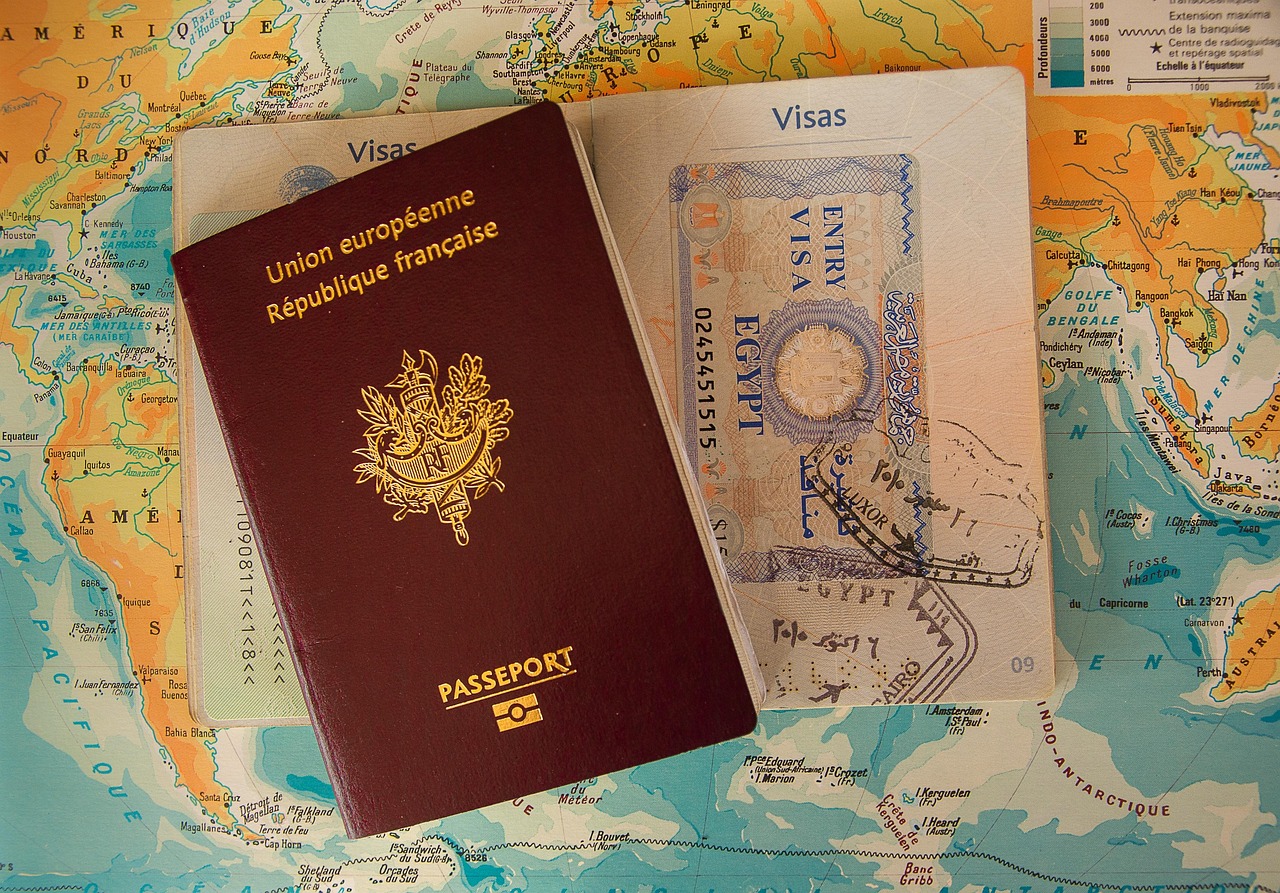Introduction
When parents consider sending their children abroad, they often focus on university rankings and tuition costs.
But one factor that is often completely overlooked is this:
👉 Location matters to employers.
👉 Global companies increasingly look for graduates who already have international exposure and local industry experience.
South Asia — particularly Malaysia, Singapore, and Thailand — has quietly become one of the top recruiting grounds for global multinational corporations (MNCs).
In this article, we’ll reveal exactly how studying in South Asia positions graduates directly in front of international employers — both during and after their studies.
1️⃣ South Asia: A Global Business Hub
✅ South Asia is no longer an emerging market — it’s a regional headquarters for hundreds of global companies.
- Strategic location between East & West
- Favorable business policies
- Stable political environment
- Highly educated, English-speaking workforce
- Global supply chain center
✅ Many multinationals have established regional HQs and operations in:
| Country | MNC Presence |
| Malaysia | Shell, Intel, HP, Schlumberger, Deloitte |
| Singapore | Google, Facebook, Apple, JP Morgan, Citi |
| Thailand | BMW, Siemens, P&G, Nestle, Accenture |
🔎 Studying in these countries puts students physically closer to global recruiters from Day 1.
2️⃣ Internship Access to Global Corporations
✅ Many top South Asian universities have:
- Direct corporate internship partnerships
- Industry-embedded coursework
- Career fairs attended by global HR managers
✅ Students complete internships at:
- Big 4 consulting firms
- Global tech companies
- International banks
- Multinational manufacturing giants
🔎 Internship experience in global companies is often the first step to full-time job offers — locally or abroad.
3️⃣ Companies Prefer Regional-Experienced Graduates
✅ Multinationals value graduates who:
- Understand both Western business practices and Asian cultural dynamics
- Can work seamlessly across global teams
- Already possess legal work experience in international business hubs
✅ Hiring managers prefer candidates who don’t require full cultural retraining.
🔎 South Asia study experience creates candidates that are globally aware and regionally experienced — a highly desirable combination.
4️⃣ Direct Graduate Hiring Pipelines
✅ Many MNCs actively recruit South Asia graduates through:
| Program Type | Example Companies |
| Management Trainee | Nestle, Unilever, P&G, BAT |
| Graduate Development | HSBC, Citibank, Maybank |
| Leadership Rotations | Shell, Schlumberger, Siemens |
| Technology Accelerators | Google, AWS, Microsoft |
✅ Students don’t need to relocate abroad to be hired by global companies — they are recruited directly inside Malaysia, Singapore, Thailand.
5️⃣ Global HQ Transfers After Local Experience
✅ A very common pathway:
1️⃣ Graduate starts career in MNC South Asia office
2️⃣ Gains 1–3 years of regional experience
3️⃣ Receives internal transfer to US, UK, EU, Australia, or Middle East offices
4️⃣ Eventually applies for permanent residence through corporate sponsorship
🔎 This is one of the most reliable long-term migration pathways for Southeast Asia graduates.
6️⃣ South Asia Degrees Build Global Industry Certifications
✅ Many regional universities are directly aligned with global standards:
- ACCA, CPA, CFA for finance
- PMP for project management
- Cisco, AWS, Microsoft for IT
- WHO, USMLE pathways for healthcare
- ABET, Washington Accord for engineering
✅ These certifications increase global portability for career relocation later.
7️⃣ Visa-Friendly Regional Work Options Post-Graduation
✅ South Asia countries increasingly allow foreign graduates to remain and work:
| Country | Post-Study Work Options |
| Malaysia | Professional Visit Pass, Employment Pass |
| Singapore | S-Pass, Employment Pass |
| Thailand | Smart Visa programs for skilled sectors |
✅ This creates additional work experience before global relocation.
🔎 Work experience in regional HQs makes graduates more attractive to Western employers later.
8️⃣ The “Home Country + Global Hybrid” Strategy
✅ Many South Asia graduates:
- Gain global corporate experience locally
- Build global CV value
- Later transfer internationally OR return home with elite credentials
✅ Even returning home, they secure:
- Faster promotions
- Higher salaries
- Leadership track positions
🔎 Parents concerned about “What if they don’t migrate?” still win enormous career ROI through global work exposure.
Conclusion
South Asia isn’t just an affordable study destination — it’s a career launch platform directly connected to the world’s biggest companies.
By choosing Malaysia, Singapore or Thailand, students position themselves directly inside global corporate recruiting pipelines — at a fraction of the cost compared to studying directly in the West.
At Sigma Education, we help families not only select the right degree — but position your child for multinational career access right from Year 1.✅ Want to map your child’s full MNC career roadmap?
Book your FREE Global Career Positioning Session with Sigma Education today.



